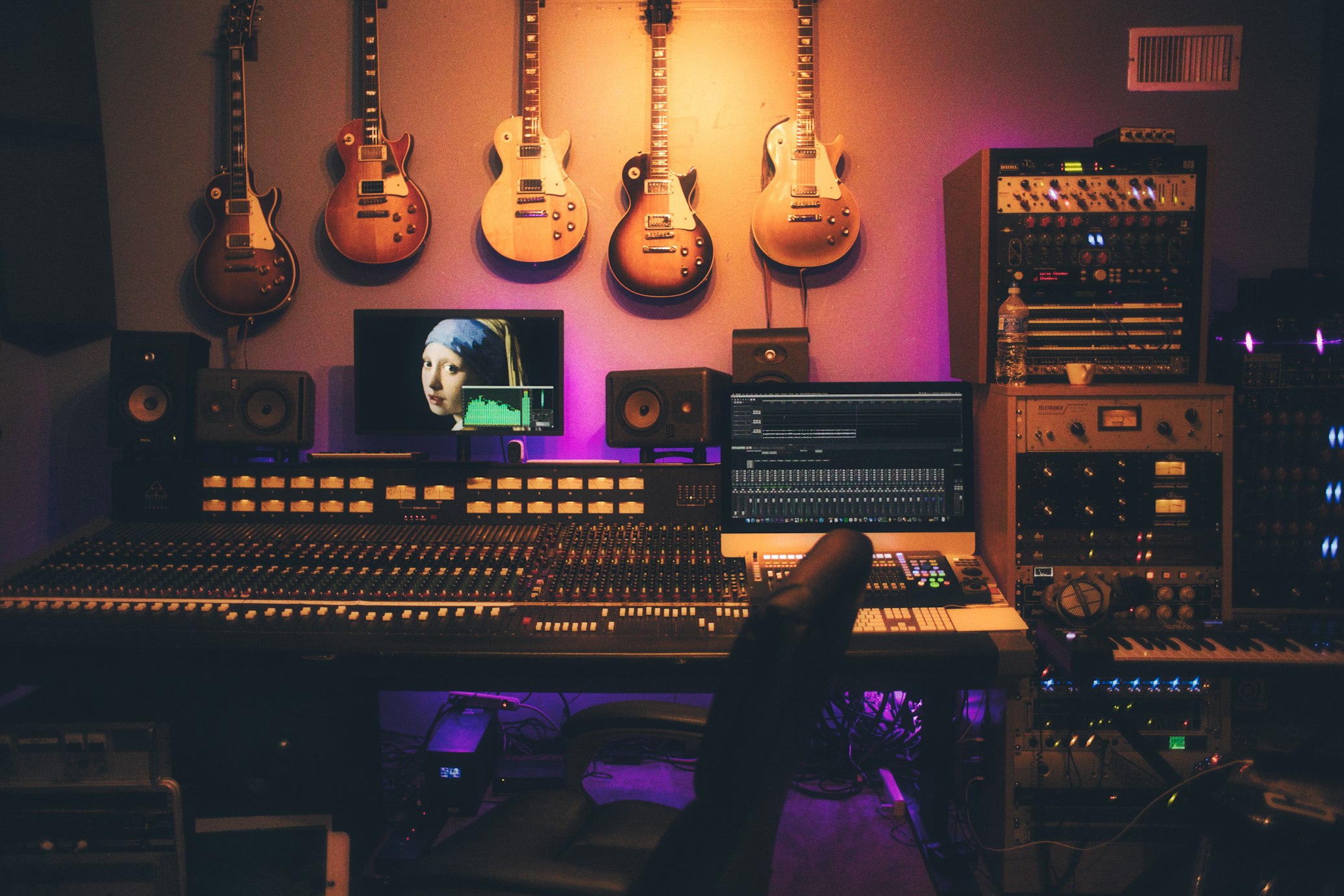How time-based digital keys are revolutionizing access management for recording studios and production facilities

In today's fast-paced entertainment industry, recording studios and production facilities face unique challenges when it comes to access management. The traditional approach of physical keys and manual scheduling is becoming increasingly outdated as studios work with diverse teams, flexible schedules, and remote collaborators.
Enter digital access control – a revolutionary solution that's transforming how studios manage facility access while maintaining the highest security standards. This technology isn't just about convenience; it's about reimagining the entire studio workflow to be more efficient, secure, and adaptable to modern production demands.
Digital access control systems leverage cutting-edge technology to create a seamless, secure, and intelligent access management solution. At their core, these systems use time-based digital keys that can be programmed, distributed, and managed entirely through software platforms.
Access through smartphones using apps, eliminating physical key needs
Automatically grant and revoke access based on booking schedules
Control access from anywhere with cloud-based management
Digital keys automatically activate and deactivate based on booking schedules. When an artist books Studio A from 2-6 PM, their access is automatically granted for that exact timeframe – no manual intervention required.
Different access levels for different roles – producers might have access to control rooms, while artists only access recording booths. Engineers can access equipment rooms, while guests have limited common area access.
Track usage patterns, identify peak hours, and optimize facility utilization. Know who's in the building at any time and generate detailed access reports for security and billing purposes.
Studio managers can instantly grant or revoke access remotely. If an artist is running late or needs extended time, access can be modified in real-time without physical key exchanges.
Modern digital access systems require smart locks, card readers, or biometric scanners. Many solutions offer retrofit options for existing doors, making implementation less disruptive than complete lock replacement.
The best systems integrate with existing studio management software, booking platforms, and accounting systems. This creates a unified ecosystem where access control becomes part of the overall studio workflow.
While the technology is user-friendly, proper training ensures staff can maximize the system's capabilities. Most providers offer comprehensive onboarding and ongoing support.
As technology continues to evolve, we're seeing exciting developments in AI-powered access management, predictive analytics for facility usage, and integration with IoT devices for complete studio automation.
Predictive access patterns and automated security responses
Smart lighting, climate control, and equipment activation
Immutable access logs and enhanced security protocols
Digital access control isn't just a technological upgrade – it's a strategic investment in your studio's future. By embracing these solutions, studios can focus on what they do best: creating amazing content, while the technology handles the logistics seamlessly.
The question isn't whether digital access control will become standard in the studio industry – it's whether your studio will be an early adopter or play catch-up later. The studios making this transition now are already experiencing the benefits of enhanced security, improved efficiency, and greater flexibility in their operations.
Glenn Elliott is the founder of Artysta Security, specializing in security solutions for creative industries. With over 15 years of experience in the creative sector, Glenn has pioneered innovative approaches to protecting music venues, recording studios, and entertainment facilities across Europe.